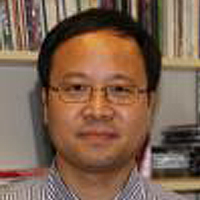


Wenqing Xu
Professor
University of Washington
Phone number: (206) 221-5609
Email: wxu@uw.edu
Research interests
In all life forms, cells must be able to perceive and correctly respond to their environment. In humans, dysregulation of cell signaling pathways can lead to many diseases including cancers. We aim to understand how cells sense their environment and transduce signals in cells under normal and pathologic conditions, using a combination of structural (X-ray crystallographic and cryo-EM) and biochemical studies. Our work helps to lay the foundation for developing novel therapeutic approaches for disease treatment.
In particular, we are interested in molecular mechanisms of the Wnt/Norrin signaling pathway, which plays a critical role in embryonic development, stem cell homeostasis and tumorigenesis. In this pathway, we aim to understand: (1) how porcupine, a membrane-bound O-acyltransferase (MBOAT), catalyzes essential palmitoylation of Wnt proteins; (2) how Wnt/Norrin signals are sensed and integrated on the membrane by Wnt receptor/coreceptor and regulators, such as Frizzled and LRP5/6; (3) how Wnt/Norrin-receptor interactions promote turnover of cytosolic beta-catenin; and (4) how nuclear beta-catenin activates transcription of Wnt target genes, and how we may develop Wnt pathway inhibitors for potential therapeutic uses.
In addition to Wnt signaling, we investigate molecular mechanisms of cell regulation by protein phosphorylation, polyubiquitination and poly(ADP-ribosyl)ation (PARylation). We are working on structural analysis of CIP2A and PP2A complexes, and development of PP2A agonists that may be useful for cancer treatment. We are also developing a novel inducible protein knockout system using RNF146/iso-ADPr as the template, which may become a powerful tool for biomedical research.